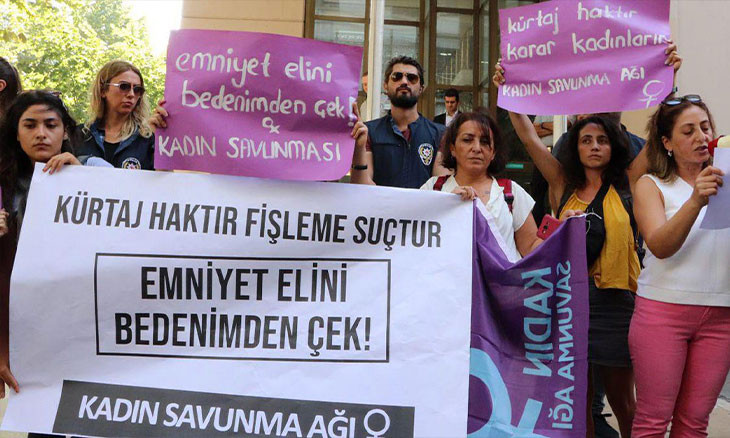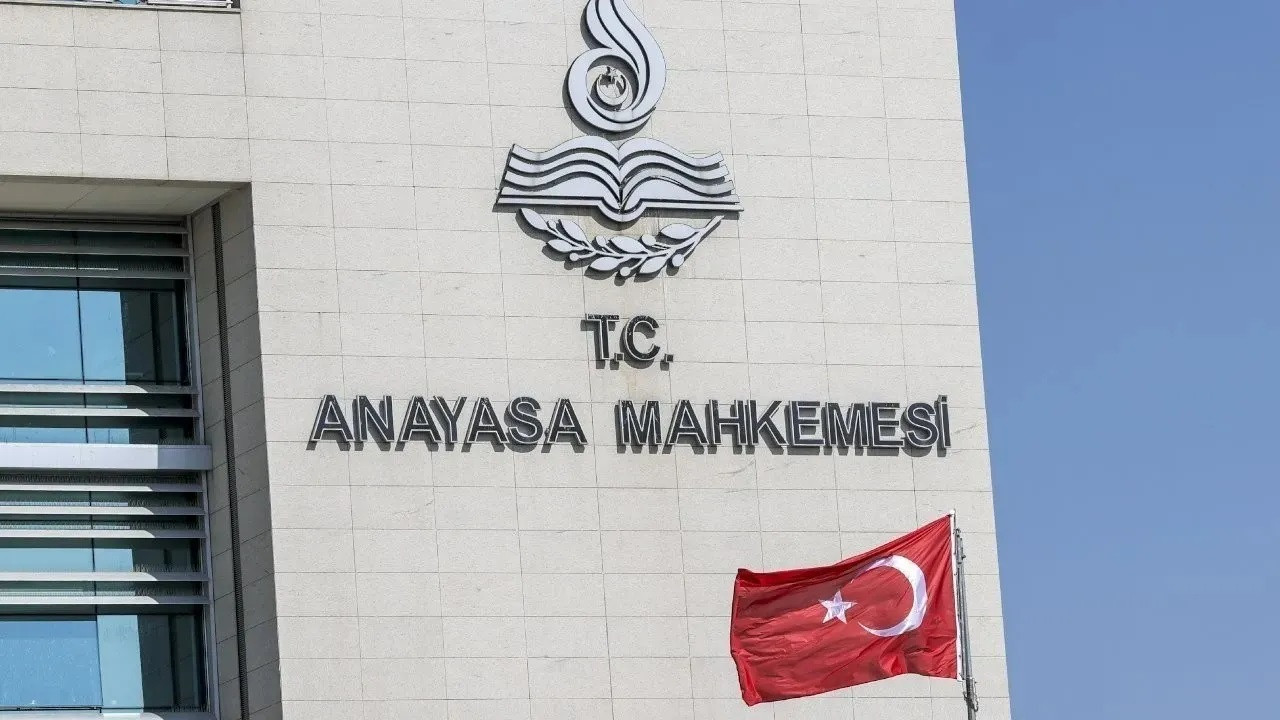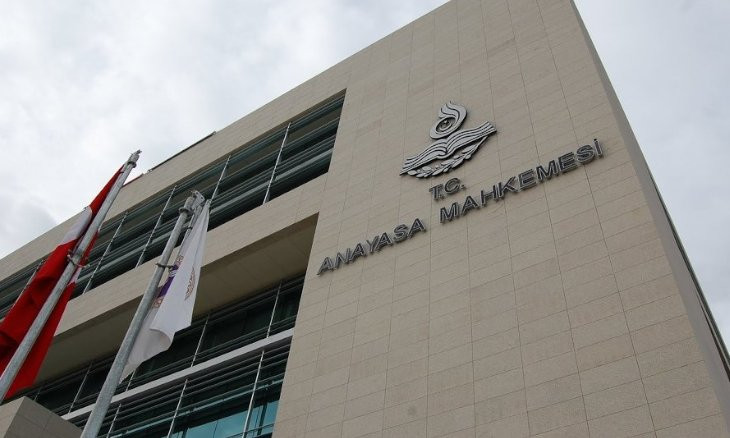Turkish top court rules rights violated in delayed abortion case
Turkey’s top appeals court found a rights violation in the case of the woman whose abortion request was delayed past the 20-week legal limit by a prolonged legal process.
Duvar English
Turkey’s Constitutional Court (AYM) on June 6 accepted the application of A.J., who was sexually assaulted in 2019 and unable to terminate her pregnancy due to prolonged legal processes, and ruled that her rights had been violated.
The decision was published in yesterday's issue of the Official Gazette. The AYM's ruling highlighted that the Chief Public Prosecutor's Office in Turkey’s southeastern Urfa province failed to consider the 20-week legal limit for abortion. The court emphasized that future cases should take this limit into account.
Plaintiff A.J. was sexually assaulted by her husband in the Urfa province, which resulted in pregnancy. When she sought an abortion at a medical facility, the procedure was denied because she lacked her husband's consent, according to reporting by the daily Evrensel.
In February 2020, A.J. applied to a court in Hatay province, where she had moved away from domestic violence, for alimony, custody, confidentiality, and protective measures, but her requests were denied for "lack of sufficient evidence." By February 26, when she went to the hospital seeking an abortion, she was 14 weeks and 5 days pregnant.
In the intervening months, the Urfa Chief Public Prosecutor's Office decided there was no need for prosecution after the suspect denied the allegations. This decision came over one year later, on March 18, 2021.
In Turkey, refugees under temporary or international protection must live in their registered provinces, limiting their access to education, healthcare, public services, and legal rights in other provinces. The jurisdictional delays between courts in Hatay and Urfa effectively prevented A.J. from terminating her pregnancy.
The court found A.J.'s application valid, recognizing a violation of her right to protect and develop her material and moral existence, as guaranteed by Article 17 of the Constitution.
The court's decision noted that the Urfa Chief Public Prosecutor's Office's failure to consider the 20-week limit specified in Law No. 5237 contributed to the rights violation.


 Hindering access to abortion is rights violation against rape survivor: Turkey's top courtHuman Rights
Hindering access to abortion is rights violation against rape survivor: Turkey's top courtHuman Rights Top Turkish court finds right violation in deporting Syrian refugee for driving under the influenceHuman Rights
Top Turkish court finds right violation in deporting Syrian refugee for driving under the influenceHuman Rights Turkey's top court orders state to pay 100,000 liras over denial of abortion to rape victimHuman Rights
Turkey's top court orders state to pay 100,000 liras over denial of abortion to rape victimHuman Rights